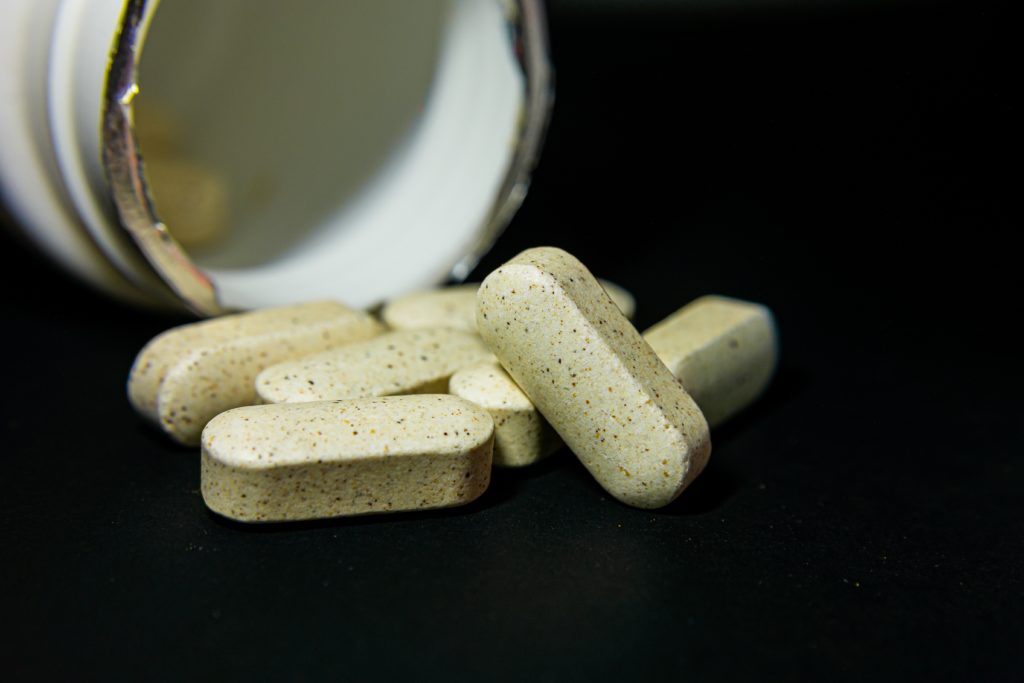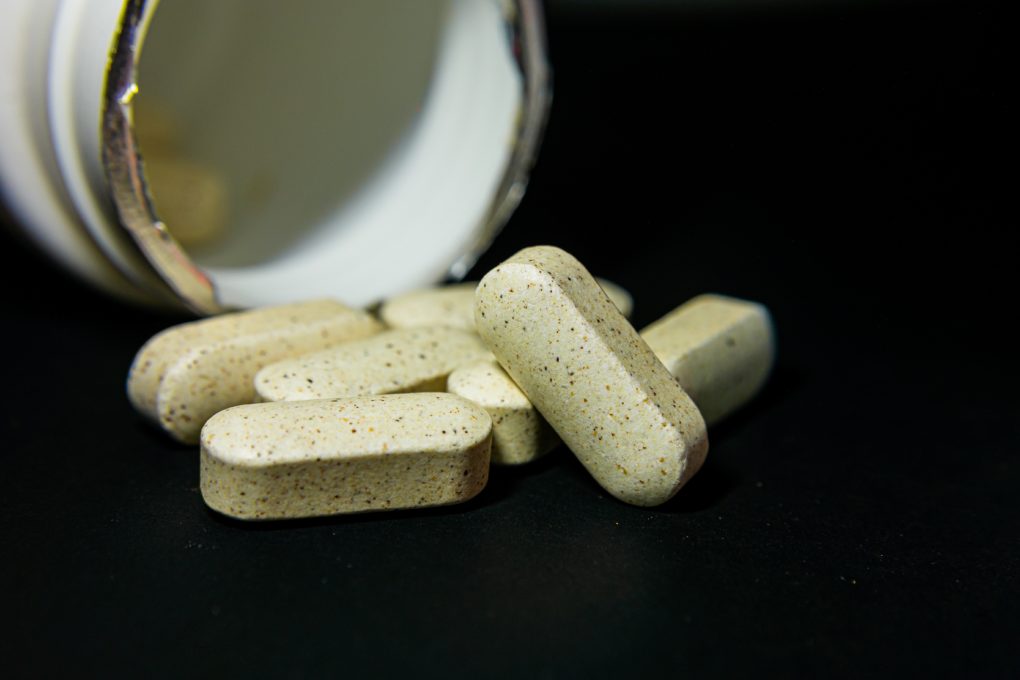Overcoming Seasonal Depressive Disorder Naturally

For many of us, the changing of the season to the fall from the summer is also the herald of many wonderful things in store for us. The brisk bite in the air, the promise of all of our favorite autumnal activities, watching the leaves change, and the holiday season right around the corner can bring a thrill of delight even to the most reserved among us.
However, unfortunately, not everyone feels that same spark of joy during this time of the year, leading to a seemingly-inevitable crushing sense of malaise and depression. Whether you call it “seasonal affective disorder (SAD)” or something else entirely, one thing is true about this change in the mood: it can easily be overwhelming if not addressed in a proper manner.
Fortunately, for those of you who do struggle with seasonal affective disorder, treatment for it is much easier than you may initially realize. In fact, one of the leading causes of SAD is a deficiency in vitamin D, and overcoming these bleak feelings may be as straightforward as introducing a bit more of this natural nutritional powerhouse into your life.
What Is Seasonal Affective Disorder?
While the name “SAD” can seem somewhat trite, it shouldn’t undermine how serious this condition truly is. In fact, SAD is considered a subtype of major depression or bipolar disorder, which means that the impact that it can have on your mental health isn’t something to be disregarded. Just like other mental illnesses, it can be quite serious – and should be treated as such.
As it stands, SAD can affect anywhere between 0.5 percent, and up to 3 percent, of the overall population. For people who already are comorbid with bipolar disorder or major depressive disorder, it can range from as high as 25 percent of the population. Furthermore, people who do have SAD may not experience it every season, nor do they experience it only during the autumn.
Some of the more common signs and symptoms of seasonal affective disorder overlap with other types of mood disorders. These include a general decrease in energy, a sense of depression, reduced interest in previously enjoyable activities, and low self-esteem. Dietary changes may also result, leading to unwanted weight gain.
The Role Of Vitamin D in Depression
The exact cause of SAD is fairly intricate. One of the leading theories behind it is due to the changing of the seasons affecting not only our circadian rhythms, but also impacting how our bodies synthesize vitamin D. Because this vitamin is so essential in neurotransmission, having insufficient levels can have cataclysmic effects in the body.
When you do not get enough of this vitamin, you can start to notice those first signs of impaired mental health. If left untreated, it can continue to compound, until the detrimental effects of this deficit lead to a severely reduced quality of life for you. Because of this, striving for enough of this vitamin in your diet and lifestyle is absolutely critical.
While the exact mechanism of action in the relationship between vitamin D and mental health isn’t fully understood, one thing is fairly agreed upon by the medical community. Increasing your body’s vitamin D levels can have a profound effect on your mood and your mental health. Even better, doing so is much easier than you may think.
Are You Vitamin D Deficient?
As important as vitamin D is, having insufficient levels of it is much more common than you may have realized. Currently, some 42 percent of the American population does not have adequate amounts of this vitamin in their systems and suffers from some degree of deficiency. Healthcare experts agree that having a minimum of 50 nmol/L is adequate, but more is better.
Some of the more telltale signs of vitamin D deficiency include not only seasonal affective disorder, but also poor sleep and, ironically, fatigue. Hair loss is also not uncommon in people who are not getting enough vitamin D, as is an ongoing pain in their bones and joints. Being more susceptible to illness is also associated with insufficient vitamin D levels.
With that in mind, it’s important to not self-diagnose if you suspect that you may have insufficient levels of vitamin D. Scheduling an appointment with your healthcare provider can help shed some light on your current levels. Taking an at-home vitamin D test is also a reliable way to determine where you stand and if you can improve your health with supplementation.
Increasing Your Vitamin D Levels
If you have recently learned that your vitamin D levels aren’t quite where they should be, there are a few ways you can work on increasing them. While supplementation can be beneficial, though, it’s always important to strive to get it naturally through either your diet or your environment. Synthetic versions simply won’t be as good for you as natural sources.
Dietary changes to boost those levels include eating foods that are rich in this vitamin. You can find ample vitamin D in foods like fatty fish (such as salmon or its more sustainable alternative, sardines), whole eggs, and mushrooms. Spending time outdoors is also a great way to do it, but you’ll want to be sure to limit your exposure to up to a half hour per day to minimize your risk of skin cancer.
In doing so, you can start to notice quantifiable results in your overall wellbeing. While they may not seem especially dramatic at first, as you continue to take measures to increase your vitamin D levels, your kindness to yourself will become more evident. Over time, the side effects of insufficient levels will diminish, replaced by better overall wellness.
Ultimately, your health is something that you should never compromise. This is the only body you have, and it’s in your best interest to take care of it and nurture it. After all, failure to do so will not only affect your physical health, but also your mental health. And no doubt, for those of you who are particularly vulnerable to mood disorders, this remains especially true.



